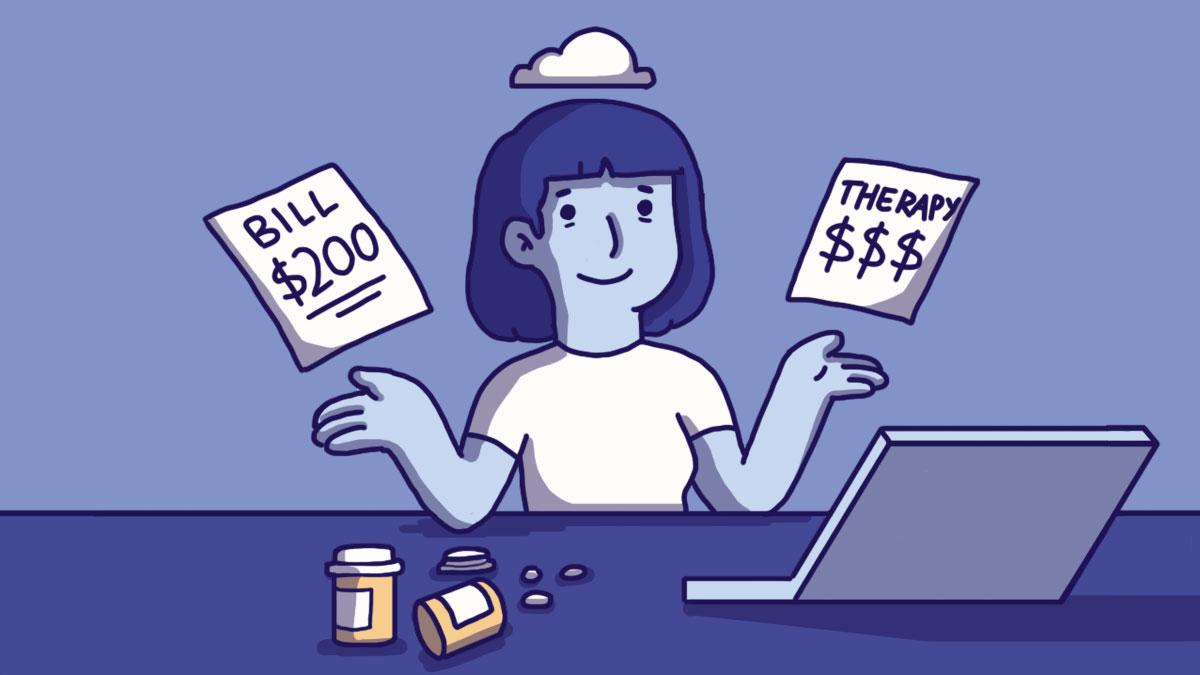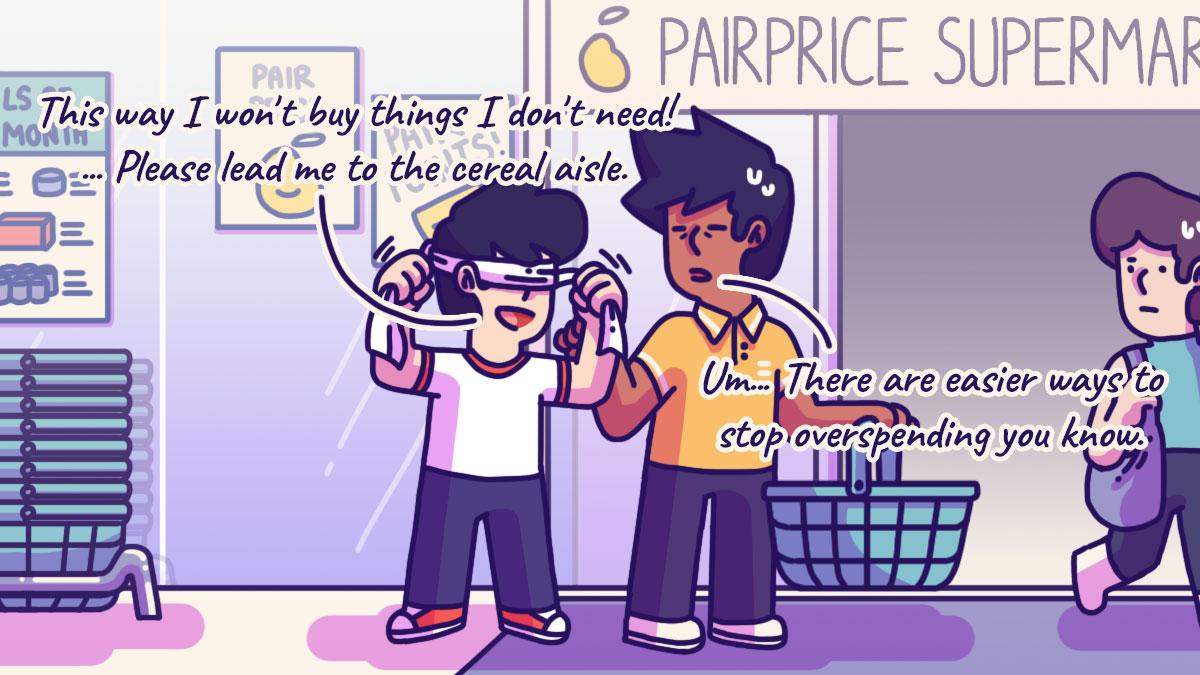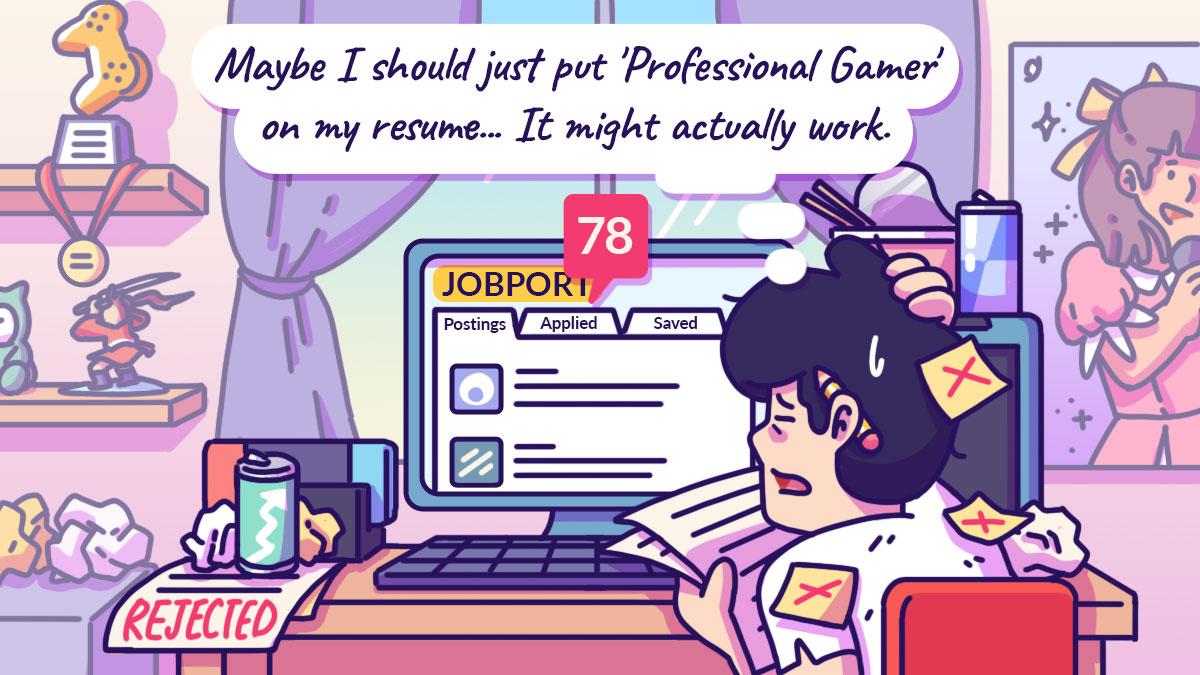
Five Years Later, Coping With Depression Is Still a Work-in-Progress For Me
The Simple Sum
28 Oct 2020Share
Read part 1 of Joanne’s story here.Of course, this comes with a caveat: medications are tricky because there are different side effects for people. It might take a few tries to get it right, according to Joanne.
“Doctors can put you on certain types of medication for a few weeks for you to see if it works,” she explained. “They might bring out bad side effects, like worsening your depression or increasing suicidal ideation, so you must be very careful. But once you find medication that works for you, it’ll really help a lot.”Joanne is concerned that people still don’t quite realise the full effects of a condition like depression, and wants us to be aware of the possible symptoms.
“There are physical effects like fatigue, being unable to get out of bed, being unable to do the things you usually do. Some people might lock themselves in for months at a time and don’t bother brushing their teeth or eating.”
These symptoms are often mistaken for something else, like pure laziness or a reluctance to get to work.Five years ago, in 2015, Joanne made the mistake of rushing into her first job offer and went down a depressive spiral. Following a breakdown, she had no choice but to quit and seek professional help, and was subsequently diagnosed with major depressive disorder and anxiety.Since then, she has been on the road to recovery and regulating her moods with the help of therapy and depression medication.
Today, at 29 years of age, Joanne is still on medication. But she’s faring much better than when she first started.“Nowadays, I still struggle in coping with depression,” she said honestly, “especially when things get overwhelming at work. But I’m managing it better. I’m still taking my meds while also seeing a therapist every few weeks. Medication allows you to pick yourself up again and find that energy to do things, but you still have to work through the rest of your stuff with a therapist.”
She thinks that in the advent of the recession, the pressure to be productive “all the time” and having one’s self-worth measured in that way is “getting worse and worse.”
“No amount of money will be worth it if it makes you lose your will to live and affects your mental health,” she reflected.
Joanne recounted that she’d had initial worries about paying for her depression medication — especially during her days of unemployment. The costs for her medication came up to about $200 a month. The hefty price tag gave Joanne considerable pause, and she wasn’t sure whether it was worth it.
“But mental health,” she emphasised, “is so much more important than money. I think that if I hadn’t started on my medication I might still be in a very bad state, or even dead.”
Related Stories

How To Travel With Friends And Keep The Friendship Intact
21 Mar 2025
0

5 Renovation Mistakes That Can Cost You Big Time
20 Mar 2025
0

How To Decode Your Payslip And Ensure You Are Paid Correctly
19 Mar 2025
0
You May Also Like
See All
I Was Too Nice And Always Bought Shopping Favours For My Friends, But It Ended Up Costing Me
18 Mar 2025
609
0

Living Paycheck To Paycheck? Here’s A Guide To Effectively Track Your Expenses
14 Mar 2025
864
0

SG60: How A Group Of Friends Teamed Up To Sell ‘Awfully Chocolate’ Cakes
13 Mar 2025
398
0

Microlending: Why Are People Signing Up For Microloans And Are They Dangerous?
12 Mar 2025
321
0

7 Frugal Grocery Shopping Tips to Help You Stop Overspending
13 Mar 2025
519
0

After A Year Of Rejections And Unpaid Gigs, I Gave Up On Trying To Find A Job
10 Mar 2025
364
0
© Copyright 2025 The Simple Sum. All Rights Reserved.

